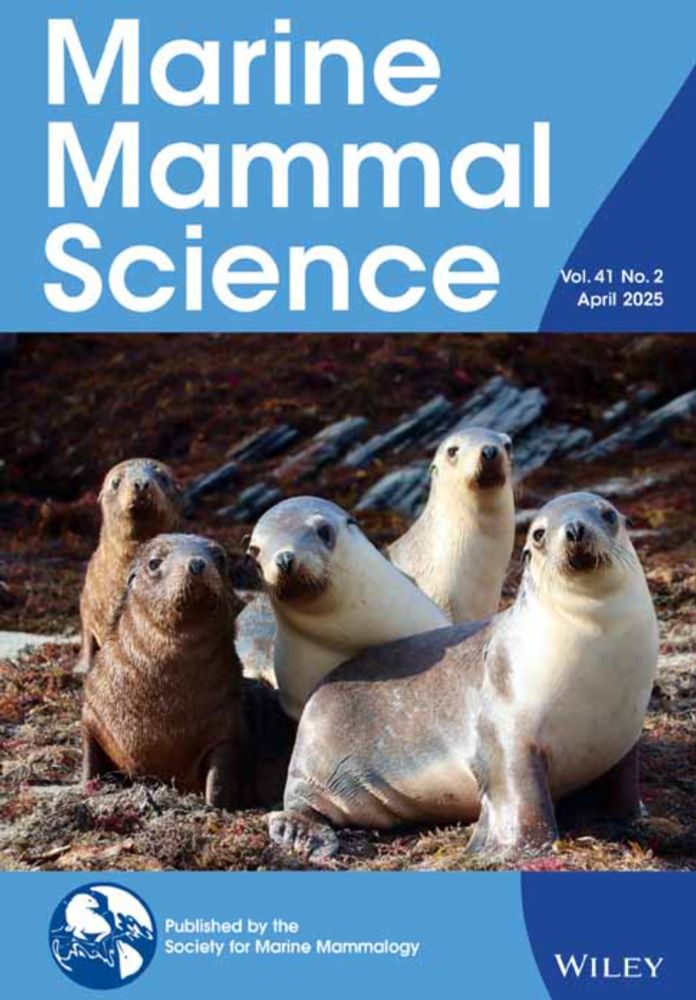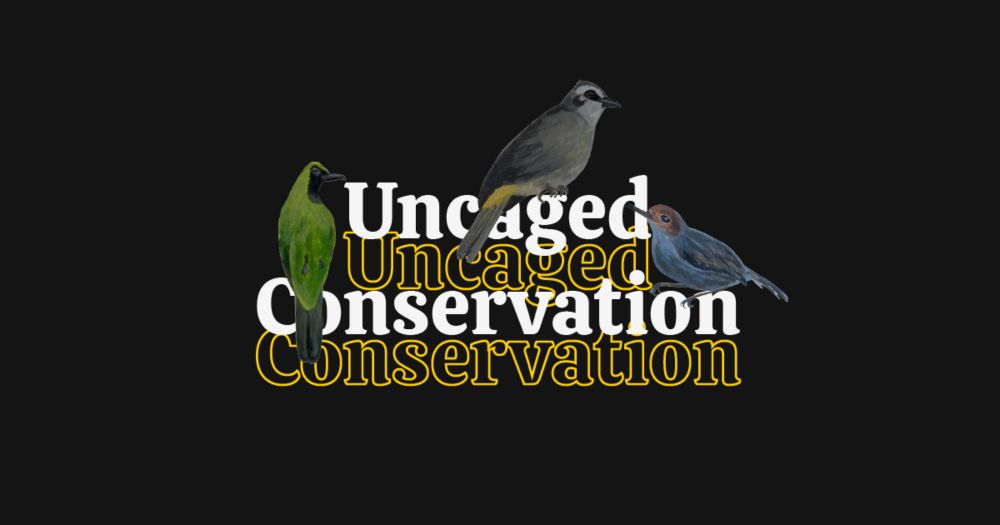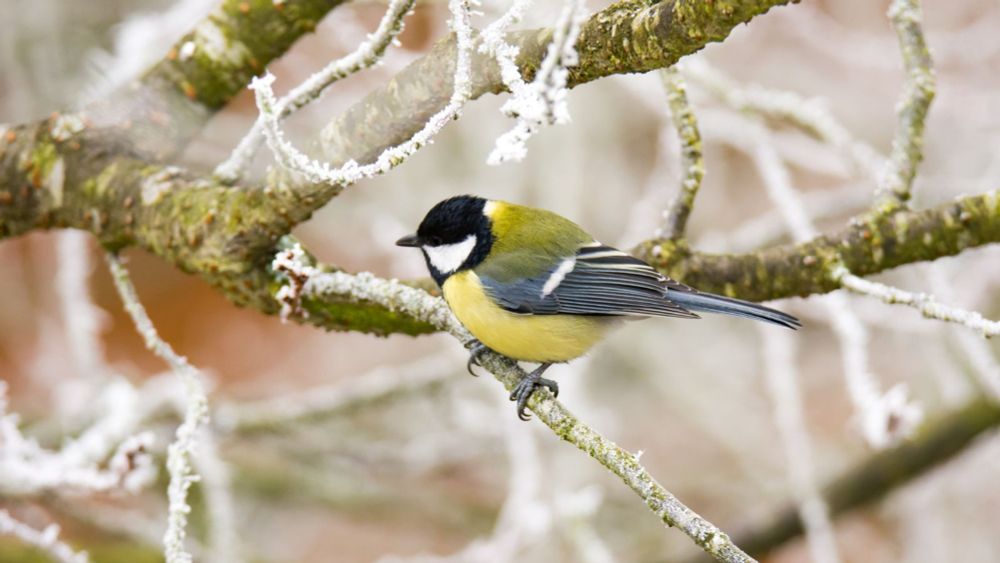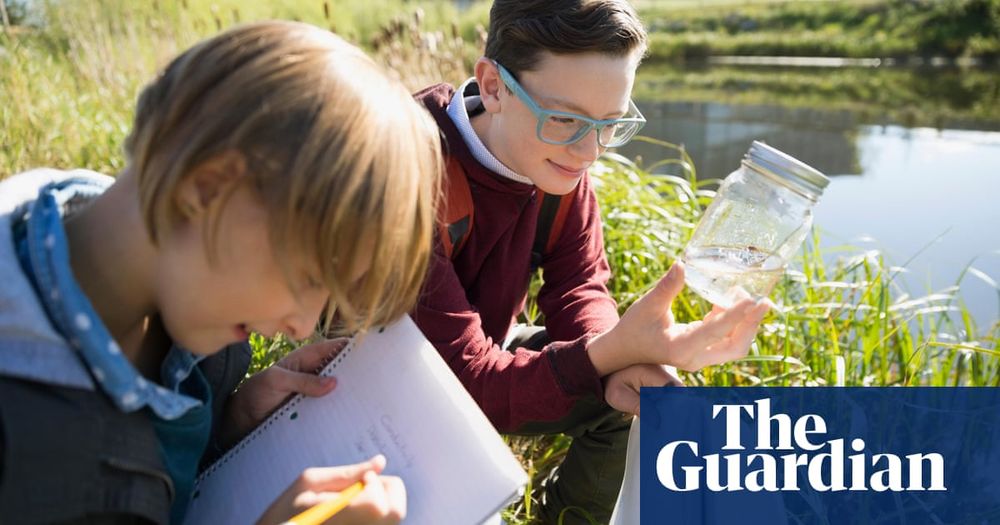Chris Hassall
@katatrepsis.bsky.social
770 followers
550 following
69 posts
Academic at the University of Leeds, working on #ecology, #evolution, #entomology, #education. Views my own. He/him.
Posts
Media
Videos
Starter Packs
Reposted by Chris Hassall
Reposted by Chris Hassall
Jacquelyn Gill
@jacquelyngill.bsky.social
· Jul 30
Reposted by Chris Hassall
Reposted by Chris Hassall
Reposted by Chris Hassall
Chris Hassall
@katatrepsis.bsky.social
· Jun 16
Chris Hassall
@katatrepsis.bsky.social
· Jun 16
Chris Hassall
@katatrepsis.bsky.social
· Jun 16
Chris Hassall
@katatrepsis.bsky.social
· Jun 16
Chris Hassall
@katatrepsis.bsky.social
· Jun 16

Characterizing Fraser's Dolphin (Lagenodelphis hosei) in the Lesser Antilles: Distribution, Movements, and Co‐Occurrence With Other Cetacean Species to Inform Conservation Strategies in the Caribbean
Fraser's dolphin (Lagenodelphis hosei) is one of the least studied dolphin species due to its tropical, offshore distribution and low density. However, it is frequently observed in the Lesser Antille...
doi.org
Reposted by Chris Hassall
Reposted by Chris Hassall
Reposted by Chris Hassall
Reposted by Chris Hassall
George Holmes
@georgeholmes.bsky.social
· Apr 30

Uncaged Conservation - An inclusive audio-visual exploration of wildlife marketplace
Through this collaborative work of art and science, we want to challenge the misconceptions about the illegal wildlife trade and the people involved. Immerse yourself in the website and experience wha...
www.uncagedconservation.com
Chris Hassall
@katatrepsis.bsky.social
· Apr 17
Chris Hassall
@katatrepsis.bsky.social
· Apr 17
Reposted by Chris Hassall
Chris Hassall
@katatrepsis.bsky.social
· Mar 18










